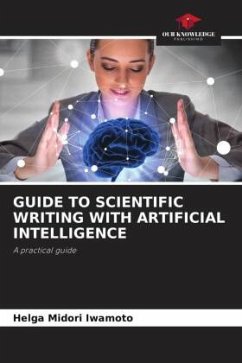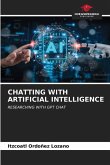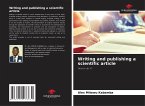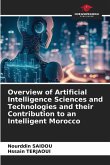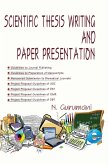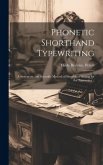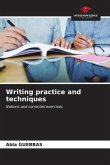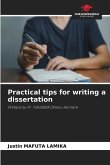This book is a practical and comprehensive guide for researchers looking to integrate artificial intelligence (AI) into scientific writing. It takes an innovative approach to a field that is constantly evolving, compiling practical knowledge and tested and validated methodologies from workshops given by Professor Helga Midori Iwamoto, Professor at the Federal University of Tocantins (UFT). The book's originality lies in its applied approach, which goes beyond theory to offer concrete examples. Based on practical experience in workshops, it provides a fundamental reminder of the need for rigorous manual verification of AI-generated content, underlining the importance of human supervision in the process. In addition, the guide delves into the ethical and regulatory aspects of using AI, a topic still under debate in the academic community. It emphasizes the need for transparency in declaring the use of AI, discusses the complexities of authorship in algorithm-assisted work and reinforces the human researcher's responsibility for the accuracy and appropriateness of the content generated. Finally, the guide addresses the adaptation of articles to various formatting standards, e.g. ABNT and APA.
Bitte wählen Sie Ihr Anliegen aus.
Rechnungen
Retourenschein anfordern
Bestellstatus
Storno

